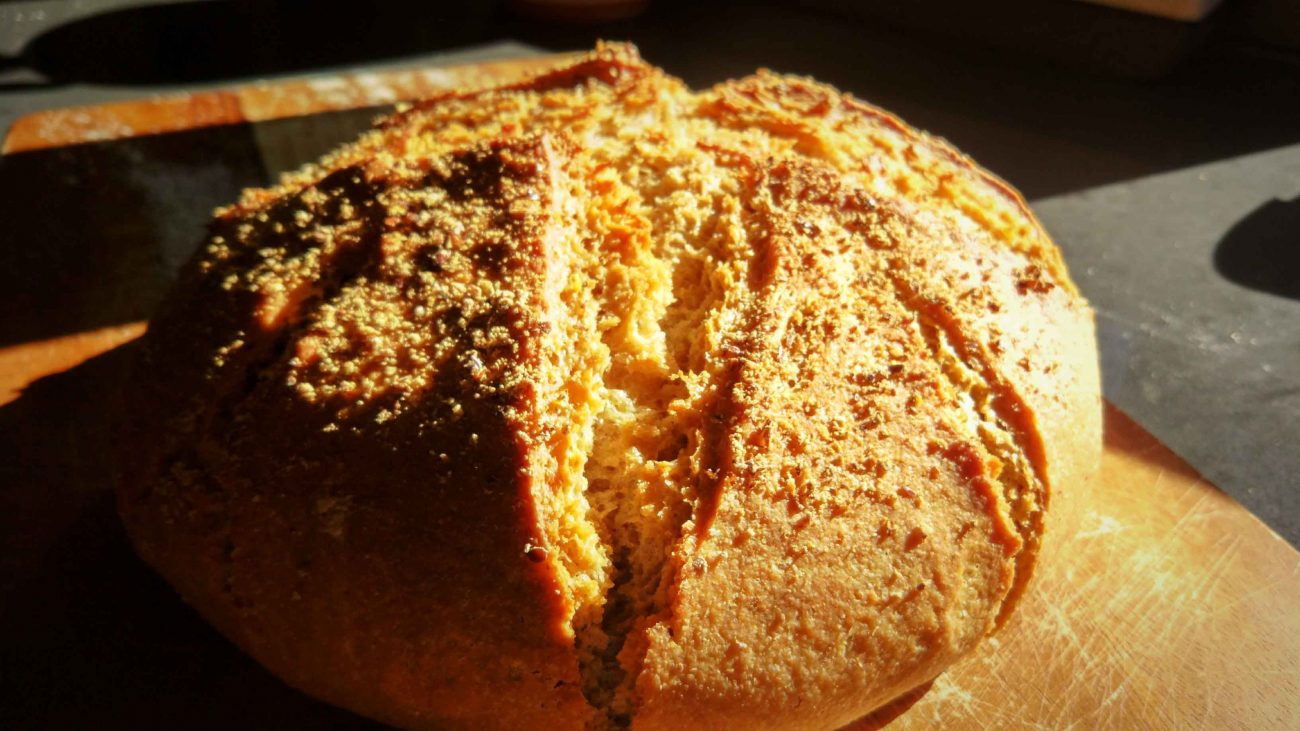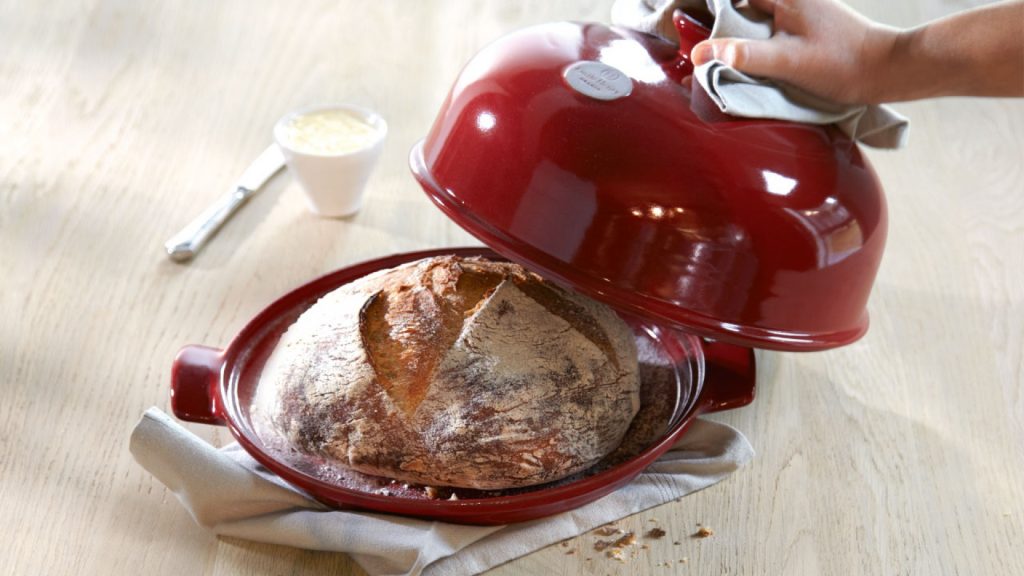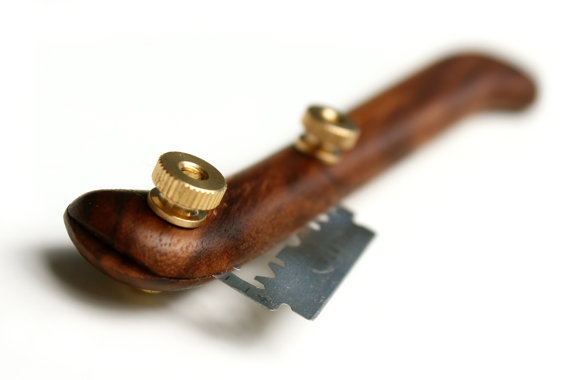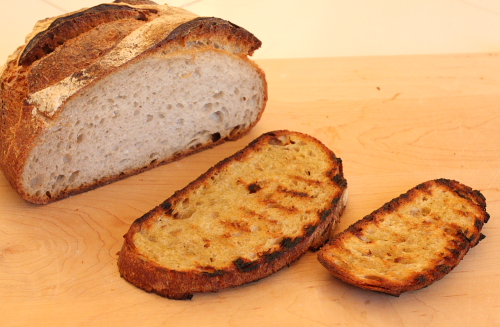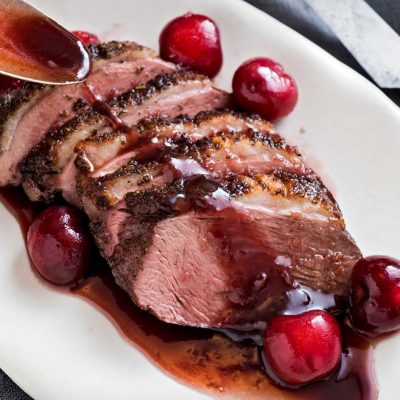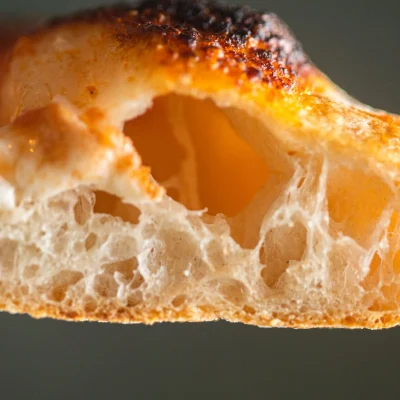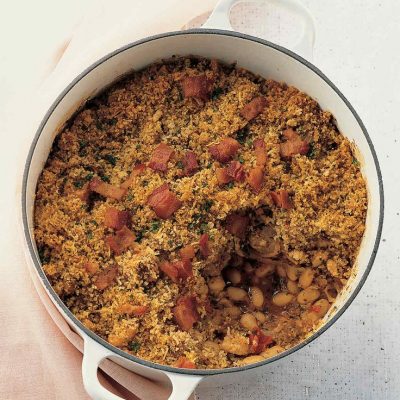Ingredients
-
150g Active Sourdough StarterSee my sourdough starter recipe
-
250ml Warm Water (filtered)
-
25g Olive Oil
-
500g Wholemeal Bread FlourMake sure to use bread flour and not all-purpose
-
10g Salt (fine)
-
LSA Mix
-
Semolina Flour (course)
Directions
Wholemeal flour will produce quite a dense loaf. If your looking for a slightly more ‘airy’ loaf try using 00′ White Flour or a 50/50 of each.
If you do choose to use all 00′ White Flour, reduce the water to 230ml as it is less absorbent than wholemeal.
Steps
|
1
Done
|
CombineCombine all of the ingredients except the salt (and the semolina flour - that is just used to stop the bead from sticking to your French oven). Be mindful to be accurate with the measurements as sourdough can be quite unforgiving at times. |
|
2
Done
90 minutes
|
MixFor this recipe I use the bread maker on the dough setting (mine takes 90 minutes), but you can kneed by hand and then place in a bowl covered by a damp warm towel to proof. Transfer ingredients to the bread maker and start the dough cycle. When the dough starts to form a whole, slowly add the salt until combined. It might need a bit of help from a spatula. |
|
3
Done
8 hours
|
Go to BedI normally make my sourdough at night, so the next step is to simply forget the bread maker. Let it run for however long it takes and then it can stay in the bread maker overnight to proof. |
|
4
Done
|
ShapeThe next morning (depending on the temperature) your dough should have at least doubled in size. Mine is normally to the roof of my breadmaker. Take the dough out and on a lightly floured bench, shape the dough to form a round loaf. Don't be too rough with the dough - we don't need to kneed it again, just form a nice shape. |
|
5
Done
|
AutolyseCover the bottom of your french oven with the semolena flour and carefully place your loaf inside. Put the lid on and sit in a warm (but not hot) area for around an hour for the second autolyse. It will rise a little at this stage, but not as much as the overnight autolyse. Pre-heat your oven to 230 degrees. French ovens vary, but the heavier the better - Chasseur & Le Creuset are the ones that come to mind. I am currently using a Emile Henry Bread Cloche, which works beautifully (pictured). |
|
6
Done
60 Minutes
|
CookRight before putting your bread in the oven, you will need to place one or more deep scores on the top. You can do this with a ceramic knife or a razor blade, I bought myself a nice bread lame form ETSY. I generally go with a 3/4 inch deep cut right through the middle and repeat on the 90 degrees to form a cross. I then make smaller incissions with less depth in between the main cuts running from edge to almost centre. Sprinkle with a generous amount of LSA mix, and then place your french oven in the middle shelf of the over, turn down to 200 degrees and set the timer for 1 hour. |
|
7
Done
1 Hour
|
FinishI've expermented a lot with sourdough and for this recipe I leave the lid on the french over for the entire cook. Check the bread at the 60 minute mark and it should be good to go. Remove the bread from the oven and place on a wire rack to cool for at least an hour. Don't be tempted to slice the bread before then as it will still be soft in the middle - don't worry, it will still be warm. The sourdough is best eaten fresh, but will be OK the following day, after that use it grilled with some olive oil. |

